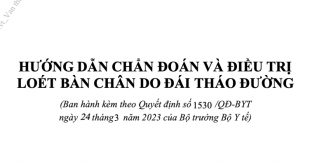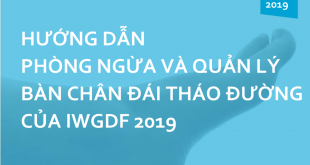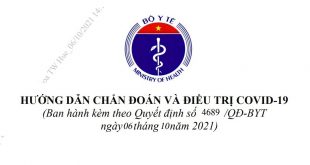Trần Minh Triết*, Nguyễn Thị Bích Đào**
* Khoa Nội Tiết, BV Đại học Y Dược TPHCM
** Phó Chủ Tịch Hội Nội Tiết & Đái tháo đường Việt Nam

ABSTRACT
Dapagliflozin’s Effects on Glycemia and Risk Factors for Cardiovascular disease in type 2 diabetic patients with cardiovascular disease high-risk factors: A 24-Week, Multicenter, Randomized, Double-Blind, Placebo-Controlled Study With a 28-Week Extension.
Objectives: To assess the efficacy and safety of dapagliflozin, a selective sodium-glucose cotransporter 2 inhibitor, compared with placebo in patients with type 2 diabetes (T2D), documented pre-existing cardiovascular disease (CVD), and a history of hypertension. Research Designs and Methods: Patients (N = 922) were randomized to receive 10 mg dapagliflozin or placebo in a double-blind trial for 24 weeks, followed by a 28-week extension period. In patients receiving insulin, the insulin dose was reduced by 25% at randomization. Patients were stratified by age, insulin use, and time from the most recent qualifying cardiovascular (CV) event. Co-primary end pointswere a change frombaseline in hemoglobin A1c (HbA1c) and the proportion of patients achieving a combined reduction in HbA1c of ‡0.5% (5.5 mmol/mol), body weight (BW) of ‡3%, and systolic blood pressure (SBP) of ‡3 mmHg. Results: At 24 weeks, dapagliflozin significantly reduced HbA1c (20.38% [24.2 mmol/mol]) from baseline (8.18%) compared with a slight increase with placebo from baseline (8.08%) (0.08% [0.9 mmol/mol]). Significantly more patients met the three-item end point with treatment with dapagliflozin than with placebo (11.7% vs. 0.9%, respectively). Changes were maintained over 52 weeks. Although∼42% of patients were > 65 years old, similar results were observed in both age-stratified groups. Serious adverse events, hypoglycemia, urinary tract infections, and cardiac disorders were similar between groups. Adverse events of hypotension, dehydration, hypovolemia, genital infection, and renal failure or impairment occurred more often with dapagliflozin treatment. Conclusions: In this study that evaluated T2D patients who were at high risk for future CVD events, dapagliflozin administration had significantly greater effects in reducing HbA1c, BW, and SBP, without adversely impacting CV safety when compared with placebo treatment.
Continue Reading: http://www.mediafire.com/file/41raj5x4j3u9aio/Hieu_qua_Dapagliflozin_BN_DTD_typ_2_co_nguy_co_tim_mach.Tran_Minh_Triet.pdf
Theo VADE
 Hội Nội tiết & Đái tháo đường Việt Nam Hội Nội tiết & Đái tháo đường Việt Nam
Hội Nội tiết & Đái tháo đường Việt Nam Hội Nội tiết & Đái tháo đường Việt Nam



